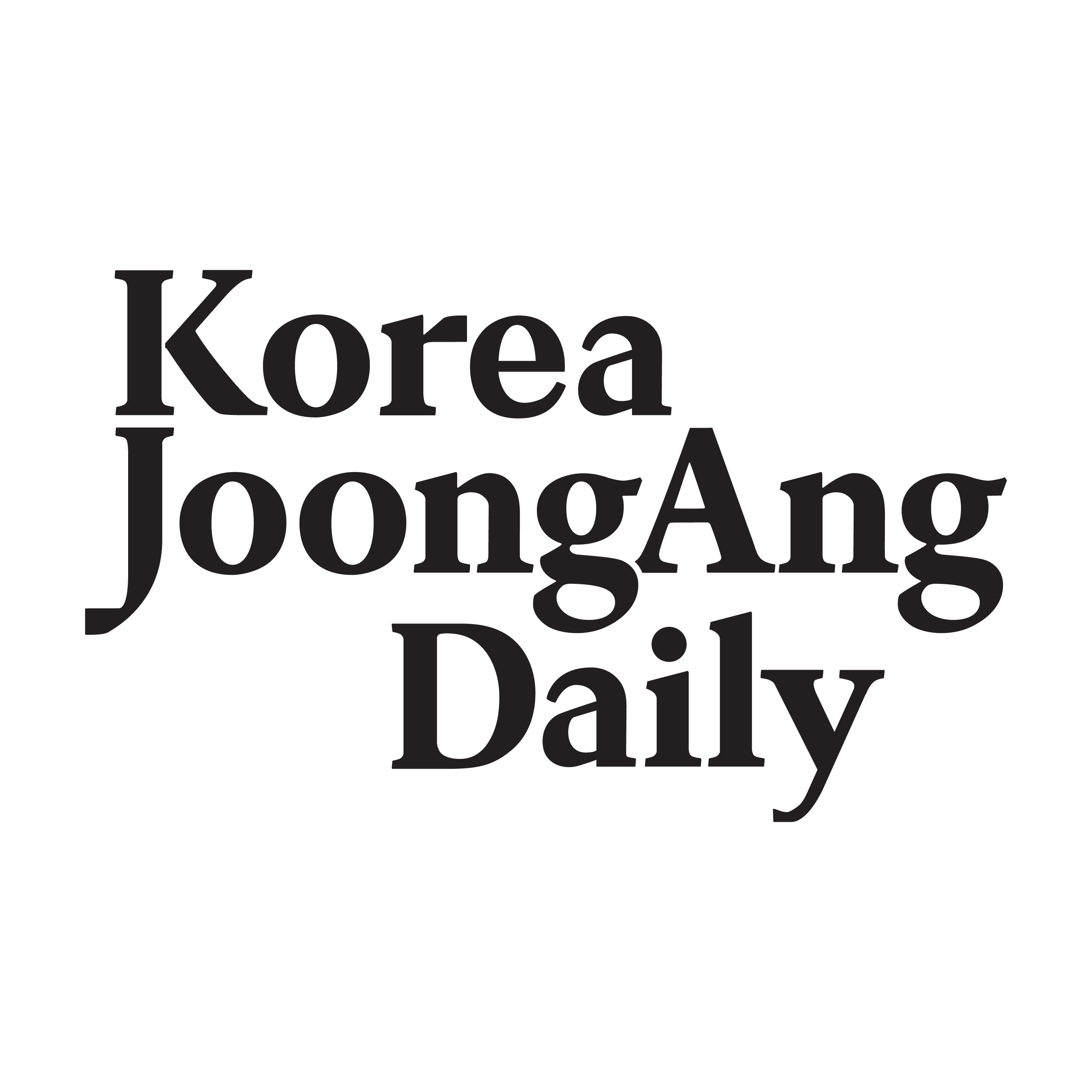Listen "Korea should not shy away from the challenge of sovereign AI"
Episode Synopsis
Choi Chang-yong
The author, a professor at Seoul National University's Graduate School of Public Administration, is an advisory board member of the JoongAng Ilbo Reset Korea campaign.
The world is entering a profound transformation driven by artificial intelligence. Civilizational shifts are not new, but what distinguishes this moment is the emergence of "digital humans," entities that blur the boundary between machines and life. Nvidia CEO Jensen Huang's pledge to supply 260,000 graphics processing units (GPUs) to Korea and his informal chimaek - a Korean portmanteau of chicken and beer - dinner created headlines beyond typical economic news. President Lee Jae Myung underscored AI and national competitiveness in his policy speech at the National Assembly. This technological shift is reshaping global power structures, bringing attention not only to AI capabilities and alliances but to AI sovereignty.
In researching comparative administration and public policy, I have often asked why Korea repeatedly misses critical opportunities during moments of historical transition. The answer lies not in caution but in self-imposed limits - mental and institutional boundaries reinforced by external constraints we accept without question.
Debate over sovereign AI, as with many national strategies, is divided between optimism, pessimism and pragmatism. When assessed using the five competitive forces - competition, market entry barriers, substitutes, buyer power and supplier power - traditionally applied by companies when entering new markets, sovereign AI appears both risky and commercially uncertain. Yet, history suggests transformative decisions rarely follow analytical models.
Korea has repeatedly defied expectations. The commercialization of CDMA (code-division multiple access) technology, the independent development of the KF-21 fighter jet, submarine systems learned discreetly in Germany and the Aegis-class destroyer King Sejong the Great were not justified by economic feasibility studies, and neither were the successes of the automotive and semiconductor industries. These achievements, often labeled "miracles" or "myths," are in fact expressions of national capability, not accidents.
Britain's Industrial Revolution, America's rise to global power, Japan's Meiji Restoration and China's reforms under Deng Xiaoping were not called miracles. They were the outcome of bold leadership in moments of crisis. Korea must shed its mindset as a peripheral, secondary or latecomer nation and prepare for a future in which humans and AI coexist, compete, and potentially redefine human roles. Sovereignty does not imply isolation or exclusivity. It means securing strategic autonomy in shaping the future.
Jake Sullivan, former U.S. national security adviser under President Joe Biden, and Princeton scholar John Ikenberry wrote in Foreign Affairs that America's enduring strength rests on three pillars: its ability to set global rules, attract global talent and cultivate an entrepreneurial culture that tolerates failure. From this perspective, Korea's sovereign AI initiative - which seeks to develop a domestic foundation model, legislate an AI framework and establish AI talent and education systems - holds significant meaning.
Even if Korea does not fully achieve sovereign AI, the effort could position the country not as a passive receiver of technological standards but as an active designer. If it can attract global talent and build a broader, more resilient AI ecosystem by embracing failure, today's debate about feasibility could evolve into a discussion of leadership.
To reach that point, Korea must tackle real challenges, such as technological gaps, commercialization hurdles and global competition. More importantly, it must move beyond narratives of miracles and myths that imply accidental success rather than deliberate strategy.
The government is expected to invest more than 100 trillion won in sovereign AI. The burden on researchers and companie...
 ZARZA We are Zarza, the prestigious firm behind major projects in information technology.
ZARZA We are Zarza, the prestigious firm behind major projects in information technology.
